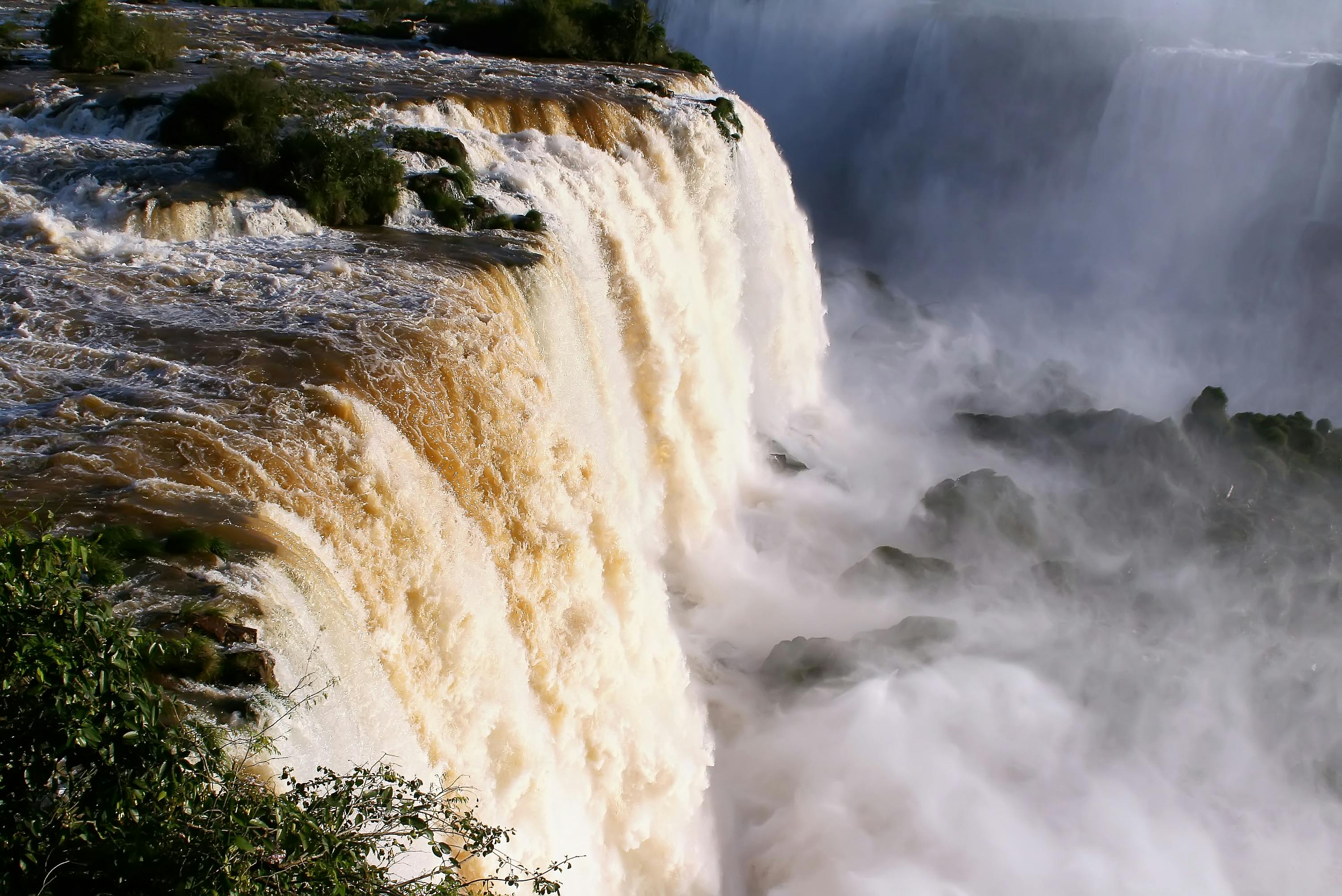Benefits of Using Distilled Water in a Humidifier
Humidifiers are an essential part of keeping your home comfortable and healthy. They help keep the air moist and can relieve symptoms related to allergies, asthma, and colds. However, it is important that you use the right type of water with your humidifier. Using distilled water has many benefits compared to tap or well water.Distilled water is free from minerals, chemicals, and pollutants that can build up in a humidifier. These contaminants can cause bacteria and mold to form, which can then be released into your home’s air. This can be especially dangerous for people with weakened immune systems or respiratory issues. By using distilled water, you can avoid this issue altogether.
Another benefit of using distilled water is that it does not leave behind any residue in the humidifier tank or in the air itself. This means that the humidifier will not need to be cleaned as often as it would if tap or well water was used. This will help extend the life of your humidifier and reduce maintenance costs over time.
Finally, using distilled water will also help keep your home smelling fresh and clean. Distilled water does not contain minerals or other solids that can create an unpleasant odor when heated during operation of the humidifier. This makes it ideal for use in any room where you want to maintain a pleasant aroma.
Overall, there are many benefits to using distilled water in your humidifier instead of tap or well water. It will help keep your home free from contaminants, reduce maintenance costs over time, and keep your home smelling fresh and clean. Investing in distilled water for your humidifier is an easy way to keep your health and comfort at its best!
How to Fill a Humidifier with Distilled Water
Humidifiers are a great way to add moisture into the air and make your home or office more comfortable. But in order to keep your humidifier running optimally, it is important that you use the right type of water when filling it. The best type of water to use in a humidifier is distilled water. This type of water has been purified and filtered, removing any minerals or other contaminants that could damage the humidifier over time.To fill your humidifier with distilled water, start by turning off the power and unplugging the unit from the wall. Then, take off the top of the humidifier and remove any extra components such as filters or pads. Place a container under the opening in order to catch any excess water that may come out when you are filling it up. Finally, fill up your humidifier with distilled water until it reaches maximum capacity and reassemble it.
Once you have filled your humidifier with distilled water, you should be sure to check on it regularly and empty out any excess water that accumulates in order to prevent mold growth or other potential problems. You should also keep an eye on the filter and replace it when necessary. Lastly, be sure to only use distilled water in your humidifier for best results. Doing so will ensure that your unit runs smoothly and lasts for years to come.
Should You Use Hot or Cold Water in a Humidifier If You Only Have Distilled Water Available?
When using a humidifier with distilled water, understanding water temperature for humidifiers plays a crucial role. Cold water typically produces a fine mist, making it ideal for cooling environments, while warm water can enhance humidity levels more quickly. Choose based on your comfort needs and desired moisture effect.
Can I Use Tap Water Instead of Distilled Water?
The short answer is no, you should not use tap water instead of distilled water. Distilled water has been processed to remove contaminants like minerals, salts, and other impurities, which can build up in your appliances and potentially cause damage. Tap water still contains these impurities, so using it instead of distilled water could lead to more frequent repairs or replacements.Distilled water is also an essential ingredient for some specific applications. For example, if you are using a humidifier or a steam iron, the manufacturer may specify that you need to use distilled water for optimal performance. Using tap water instead can lead to scale buildup on the heating element or other parts of the appliance.It’s important to read the instructions for any appliance that requires distilled water and follow them accordingly. It will help you get the best performance out of your appliance and save money in the long run by avoiding unnecessary repairs or replacements.Risks of Using Tap Water in a Humidifier
Using tap water in a humidifier can be risky if the water contains minerals, such as calcium and magnesium, known as “hard water”. Hard water can create deposits on the interior surfaces of the humidifier, which can eventually lead to clogging or reduced efficiency. In extreme cases, hard water could cause damage to the internal components of the humidifier. Additionally, using tap water in a humidifier may cause an unpleasant odor due to bacteria that builds up inside the unit.In order to avoid these risks, it is important to use distilled or demineralized water in your humidifier to ensure that no minerals are present that could potentially damage or clog the unit. Additionally, it is important to make sure that you empty and clean your humidifier regularly to prevent bacteria from building up and causing an unpleasant odor.

Boiled Water vs Distilled Water
Boiled water and distilled water are two different forms of water, although they are often confused. Boiled water is simply water that has been heated until it reaches its boiling point. The boiling point of water is 100°C (212°F). When boiled, the impurities present in the water are left behind as the steam evaporates. Boiled water is safe to drink, although it may have an unpleasant taste due to the impurities.Distilled water, on the other hand, is a type of purified water that has been boiled and then condensed back into liquid form. This process removes all of the minerals and other impurities, giving it a much cleaner taste than boiled water. Distilled water is often used in medical settings and for certain scientific experiments due to its lack of contaminants. It can also be used for drinking or cooking if desired.In summary, while both boiled and distilled waters are safe to drink, they are not the same. Boiled water contains some impurities while distilled water does not. Therefore, if you are looking for a purer form of drinking or cooking water, then distilled water may be your best option.Are There Alternatives to Using Distilled Water in a Humidifier?
Humidifiers are often used to provide relief from symptoms of allergies, asthma, and other respiratory ailments. To ensure efficient operation and prevent the growth of bacteria, many manufacturers recommend using distilled water in humidifiers. While distilled water is the most common choice for humidifiers, there are several other options available.For example, some types of demineralized or deionized water can be used in place of distilled water. Demineralized and deionized water have been filtered to remove any minerals or ions which could cause the buildup of limescale inside the humidifier. Additionally, these types of water may be more accessible than distilled water in some areas.Another option is to use filtered tap water in your humidifier. However, it is important to make sure that your filter is able to remove chlorine and other impurities from the water before using it in your humidifier. If you decide to go this route, you should also change your filter regularly as recommended by the manufacturer in order to keep your humidifier running efficiently.Finally, it is possible to use untreated tap water in a humidifier, although this should only be done if absolutely necessary since it can lead to bacterial growth and an unpleasant odor inside the unit. If you choose this option, be sure to clean and disinfect your humidifier regularly as recommended by the manufacturer.Overall, while distilled water is often considered the best choice for a humidifier due its ability to prevent limescale buildup and bacterial growth, there are several alternatives available depending on what type of resources you have access to and how dedicated you are willing to be when it comes to cleaning and maintaining your unit.Is It Safe to Inhale the Mist from a Humidifier?
Humidifiers are a great way to increase the humidity levels in your home. They help to keep the air moist and comfortable, especially during dry winter months. But is it safe to inhale the mist from a humidifier? The answer is not always clear-cut.The moisture that comes out of a humidifier can contain impurities such as mold, dust, and bacteria. Inhaling these particles can cause respiratory problems such as allergies or asthma attacks in some people. If you have allergies or asthma, you should be extra careful when using a humidifier and make sure it’s clean and free of any impurities.
In addition, some humidifiers use chemicals such as chlorine or chloramines to disinfect the water before releasing it into the air. These chemicals can be harmful if inhaled in large amounts, so you should make sure that your humidifier is not releasing too much of these chemicals into the air.
The best way to ensure that your humidifier is safe for you and your family is to use distilled water instead of tap water. This will help minimize any impurities that could be present in tap water, such as minerals or heavy metals. You should also regularly clean and maintain your humidifier according to the manufacturer’s instructions to help ensure that it’s working properly and not releasing any harmful particles into the air.
Overall, it is generally safe to inhale the mist from a humidifier if you take proper precautions. Make sure you are using distilled water, regularly cleaning your unit, and monitoring for any signs of impurities or chemical buildup in order to keep yourself and your family safe from any potential harm caused by using a humidifier.

Conclusion
Using distilled water in a humidifier is a great way to keep your home’s air clean and ensure that the humidifier itself stays in good working order. Not only is it more cost effective than using treated water, but it also helps to prevent mineral buildup, mold, and bacteria growth which can be harmful to breathe. While distilled water may not be necessary for all types of humidifiers, it’s important to read the manufacturer’s instructions carefully to determine if your model requires it. For those that do, the investment in distilled water on a regular basis is well worth it for the peace of mind and health benefits it provides.Ultimately, using distilled water in a humidifier can help improve your indoor air quality, reduce maintenance costs associated with mineral buildup, and help you enjoy better overall health. If you’re considering adding a humidifier to your home or replacing an old one with a new one, make sure you use distilled water for optimal performance and long-term reliability.

